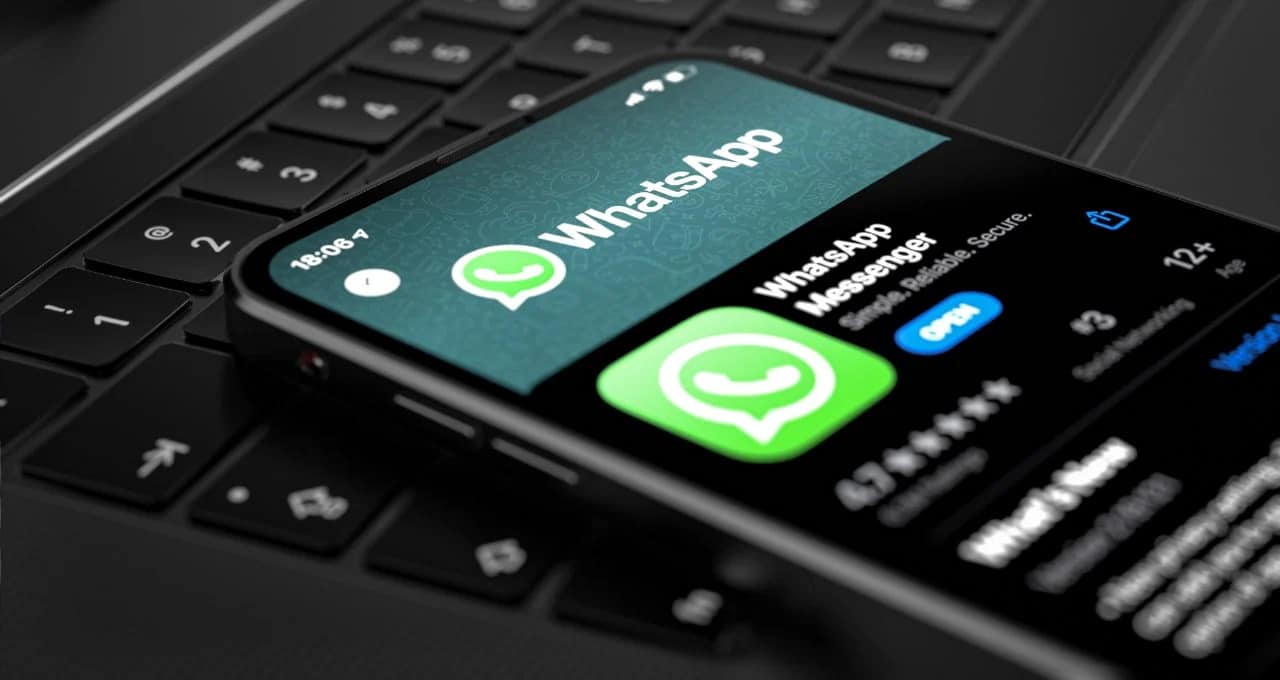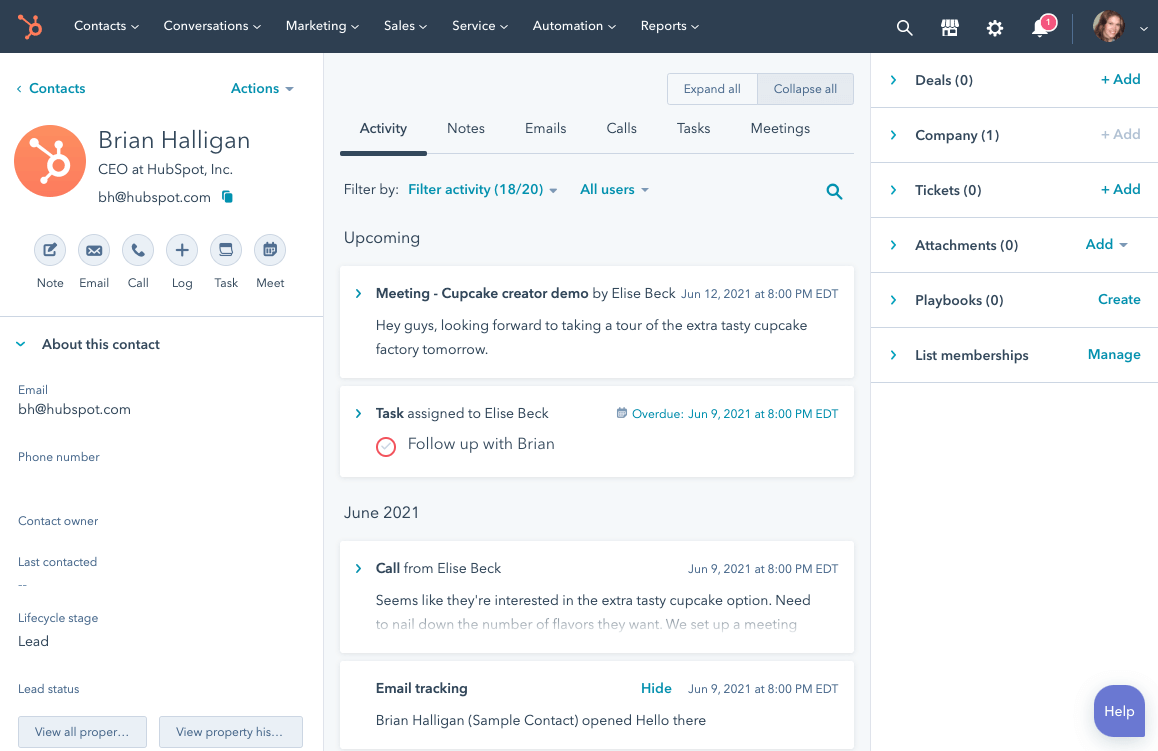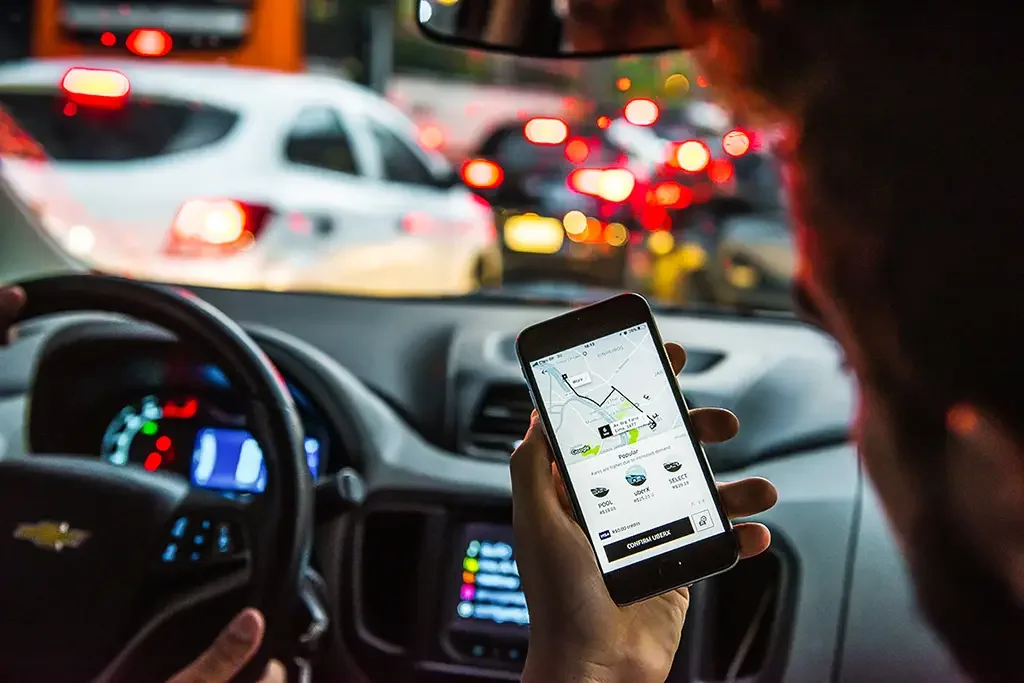
- Software Development
Digital products are materials produced in digital format and distributed online. Its main objective is to add valuable content to the user who consumes it, whether it is composed of knowledge, entertainment, or even, in itself, the solution to a problem.
That means that e-books, videos, podcasts, websites and online courses, for example, are digital products; as well as appls, platforms and enterprise software, despite the difference in structure and complexity between them. At SoftDesign, we work with Software Development, which is the basis of the last three items mentioned here and, therefore, we will explain all the concepts in this article.
But first, it is worth remembering that digital business is not synonymous with digital product. A digital business is one that works primarily in the online environment, often being exclusive to that space. Thus, a digital business needs digital products to exist, as the latter will replace physical experiences. Nubank, for example, is a digital business, as it was created entirely for the online environment – it does not have physical branches like other banks.
An app is a computer program designed to process data electronically, aiming at solving problems and facilitating the execution of tasks by users. It is built with programming languages and specific for cell phones, and can be used on Android (Google) and/or iOS (Apple) operating systems.
The programming language that will be used to develop the app will define which devices it will be compatible with. Java and Kotlin are technologies for Android, for example; Objective C and Swift are iOS-specific; and React Native, Flutter and Ionic are hybrid technologies that make it possible to use the app on both operating systems.
The choice of the ideal language considers the problem the app solves, who will be its users, what is its expected growth (scalability), if it needs to be compatible with other languages, etc. It is also interesting to understand that most apps do not work alone: they need to be accompanied by a Server System (also called back-end), which is responsible for business rules and data storage.
An example of an application is WhatsApp. In it, messages sent between one user and another do not navigate directly from the sender’s cell phone to the recipient’s, they are sent to a server that then delivers the message to the users. That is, the data you have in your cell phone applications is probably also stored in the cloud, where the back-end of the applications you use is located.

Enterprise Software is a set of elements that interact with one other. It is a network of interdependent components that work together to achieve a common goal.
In the context of digital products, enterprise software is a program that performs communication between computers and users. It is normal to call enterprise software CRM, ERP and other types of software that support the execution of management activities or organizational process flows.
To build enterprise software, many technologies can be used, in addition to different types of architectures. For example, today there is a great distinction between monolithic architectures (faster to build, but less scalable) and microservices architectures, where software parts are decoupled for better management, scalability and independence. In a microservices architecture, it is even possible for several technologies to coexist, each one acting where it is most needed.

A software platform is an online environment with various functionalities that connects different users, promoting valuable interactions. Usually, it is the realization of a business model that exists exclusively in that space.
The platform can be considered a special type of app / enterprise software, which gets its name because the greatest value is not in the platform, but in the interactions it enables. Uber is an example of a digital platform, as it serves to connect people with available cars (drivers) to people who need to go from one place to another (passengers).
Within this idea of enabling interactions, platforms can connect people, but they can also connect software and hardware, which leads us to the growth of APIs (direct connection interfaces between software). Thus, a platform is generally an environment that facilitates access to things (people, software and hardware) that would be difficult to access without it, also enabling the easy connection of new elements.
In the universe of platforms, we use the same technologies as for apps / enterprise software, but, as the business model here generally provides for scale, there is a preference for microservices architectures. Also, remember that a platform is often made up of many parts: applications for users; web systems for other users and for the back office; back-end system to concentrate business rules and storage; and also APIs to facilitate the connection of new partners or elements to the platform.

As mentioned, apps, platforms and enterprise software are digital products based on software. Software is a sequence of codes that are written to be received and deciphered by computers and their components, in order to perform numerous tasks. At SoftDesign, they are created by Product Teams.
These digital products have been gaining more and more attention from corporates, as they are essential in digital transformation strategies. After all, in an increasingly connected world, they are responsible for creating connections between people, software and hardware, automating processes, facilitating activities and solving problems.
Let’s develop your digital product? Fill out the form below and our specialists will contact you.
Experience having a reliable partner to your IT challenges. Let’s talk about our unique approach to discover and deliver outstanding solutions.


